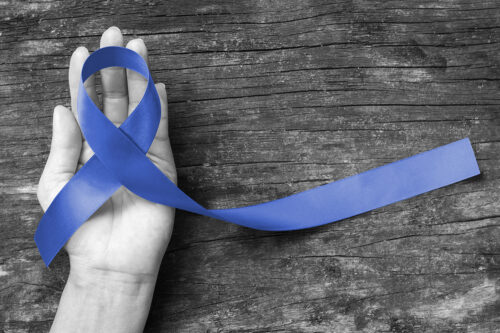Instituted in 2010, the United States Department of State dedicates the month of January to raising awareness and equipping the public with resources to identify and prevent trafficking.
While the exact number of those involved may never be known, the Department of State estimates that more than 27.6 million people, including children, are subjected to human trafficking around the world. Whether due to illness, infection, or other conditions caused by their situation, many of those individuals will access healthcare.
NPs and other healthcare professionals have an opportunity at this point to help victims by directing them to appropriate services and resources.
“We should not adopt the narrative of ‘rescuing victims,’” said Jessica Peck, DNP, APRN, CPNP-PC, CNE, CNL, FAANP, FAAN, a nationally recognized anti-human trafficking advocate. “That is not our job. It puts too much pressure on nurses and other healthcare providers, and it takes too much agency away from [adults] who are in that situation.”
What can be offered, however, is compassionate, trauma-informed care. “Trauma-informed care may be implemented for people who are abused, but it’s also going to benefit other people, too,” Peck said. “It’s like a universal precautions approach. Everyone is going to benefit by trauma-informed care.”
Learn more about human trafficking and trauma-informed care here.






